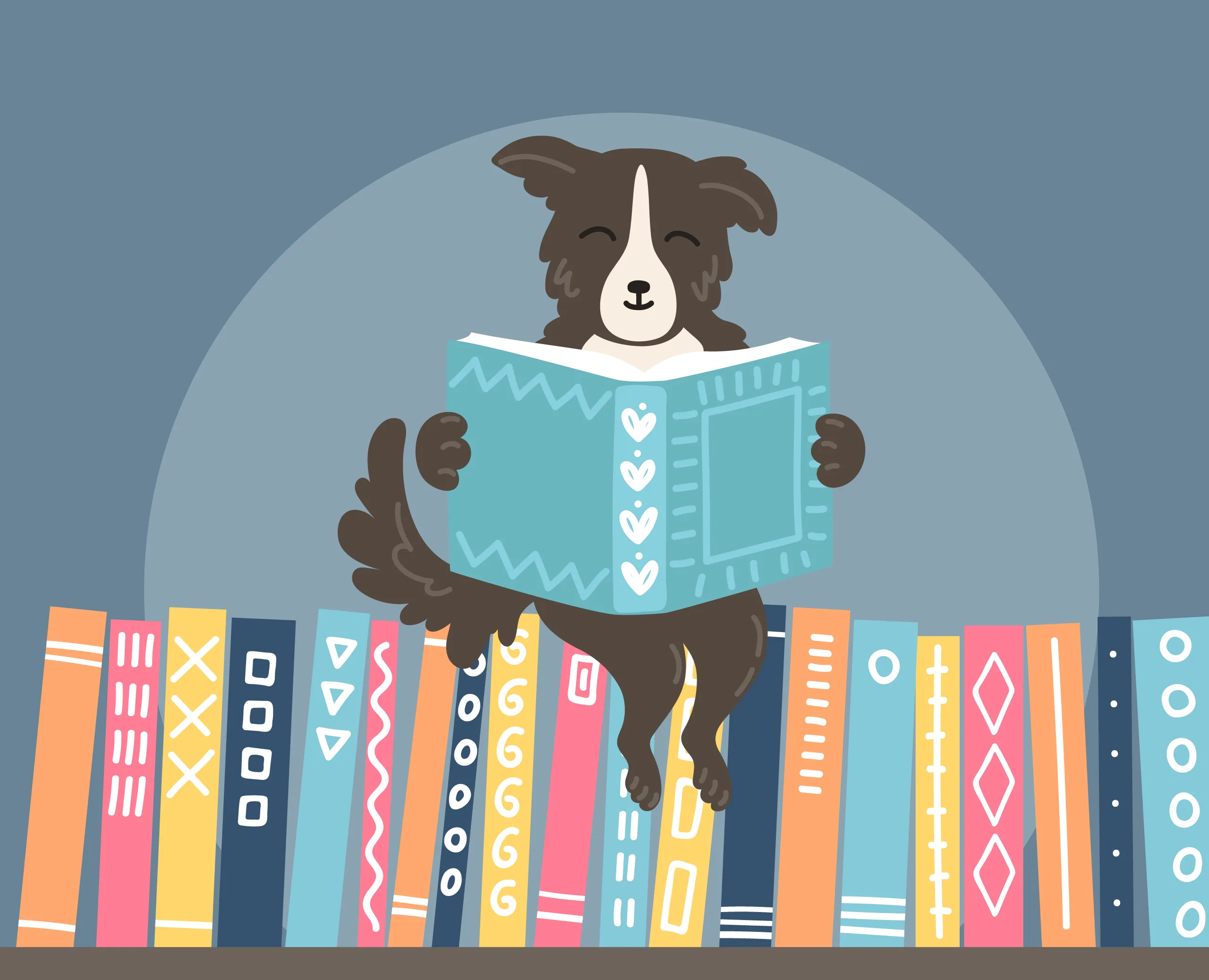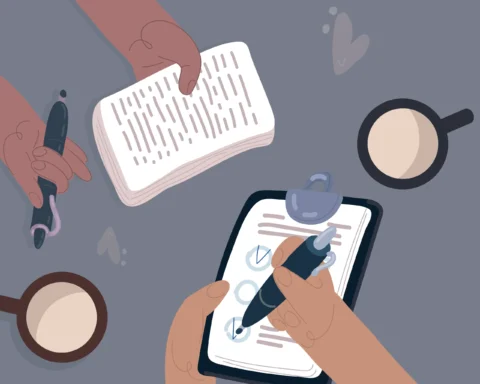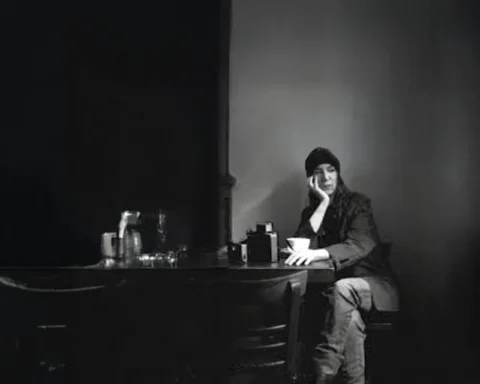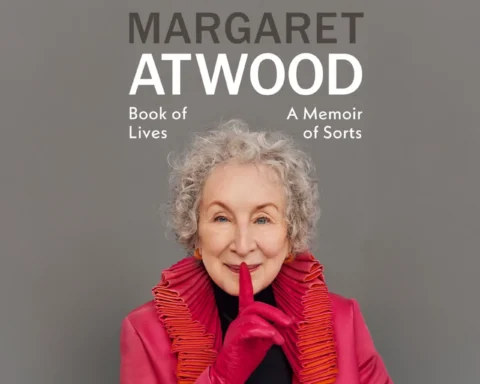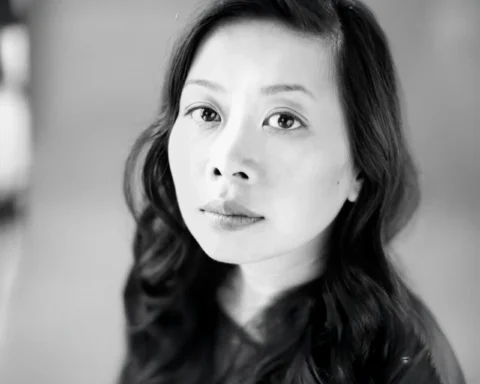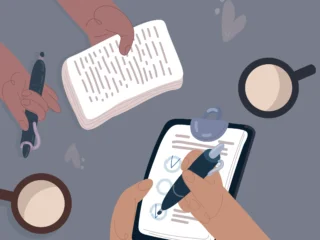–By J.S. Porter
for Jen, my dog-walking friend
Lately I’ve been reading a booklet on books called The Gifts of Reading by the English nature writer Robert Macfarlane. It begins beautifully: “This story, like so many stories, begins with a gift. That gift, like so many gifts, was a book…” You may already know Macfarlane as the author of The Lost Words or Underland or his latest, Is a River Alive?.
About his latest book, his young son cheekily asked, “Are you really going to write a one-word book, Dad?” What’s obvious to children or poets or anyone with a living imagination is that the answer to Macfarlane’s book title is a resounding YES.
My friend Jen drove me to a small church in Burlington to hear Macfarlane this summer. He was as funny and charming, deep-seeing and visionary, in person as he is on the page. Why are the Brits so maddeningly articulate?
Macfarlane, one of the great nature writers of our time, at once poetic and scientific, factual and fanciful, sees deeply into the nature of living beings and presences.
Being more adventurous than I, Jen purchased Is a River Alive? while I contented myself with a shorter work, The Gifts of Reading. This short work of 34 pages sparkles and shines with a fierce love of reading.
What Macfarlane loves he gives away. His top five giveaways are:
- Cormac McCarthy’s Blood Meridian
- Vladimir Nabokov’s Lolita
- J.A. Baker’s The Peregrine
- Nan Sheperd’s The Living Mountain
- Leigh Fermor’s The Time of Gifts
I’m surprised and not surprised by the list. No surprise in seeing the peregrine and mountain books, but surprise in not seeing any poetry on his list. I might have expected to see Wordsworth, for instance, one of the first great poets with an ecological consciousness able to find words for such a vision. I can vouch for the power of McCarthy and while Blood Meridian is his masterpiece, I’d probably go with The Road, much of which is a conversation between a father and a son (in reality a grandfather and a grandson). I share in Macfarlane delight in hearing Fermor’s explanation on why Shakespeare didn’t realize that Bohemia was landlocked when The Winter’s Tale gives it a sea coast.
“Shakespeare didn’t care a fig for the topography of the comedies. Unless it were some Italian town—Italy being the universal lucky dip for Renaissance playwrights—the spiritual setting was always the same. Woods and parkland on the Warwickshire, Worcestershire and Gloucestershire borders, that is; flocks and fairs and a palace or two, a mixture of Cockayne- and Cloud-Cuckoo- and fairyland with stage mountains rather taller than the Cotswolds and full of torrents and caves, haunted by bears and washed, if need be, by an ocean teeming with foundering ships and mermaids.”
Macfarlane thinking about books as gifts makes me think about books as gifts, both ones I’ve received and ones I’ve given. These are the five books I mostly frequently give or recommend to others:
- The Little Prince by Antoine de Saint-Exupéry. The Little Prince was the first book that I bought my soon-to-be wife and I’ve passed it on, in French and in English, to our children and grandchildren, and a number of cousins.
- SoCool by Dennis Lee.
- Mysteria by B.W. Powe. I wrote about this book recently…
- The Road by Cormac McCarthy.
- Where I’m Calling From by Raymond Carver.
For book-gifts I’ve received, I need to broaden my list-making to eight.
- From my wife, Hemingway’s Paris by Robert E. Gajdusek. My wife has given me many memorable book gifts, but this one after our honeymoon in Paris stays with me, partly for the beauty of the photographs, partly for the beauty of Hemingway’s prose and partly for the beauty of Cheryl’s inscription.
- From my mother, The Complete Poems of W.B. Yeats.
- From my father, Boswell’s Life of Johnson.
- From my sister, Oh. The Places You’ll Go! by Dr. Seuss.
- The Edward Rice biography of Thomas Merton (friend David Wagg). David’s gift ignited a spark that led me to almost 50 years of reading books by and about the poet-monk.
- The Denial of Death by Carl Becker (friend Sean Malone).
- Soseki’s Kokoro, along with novels by Mishima, Tanizaki, Inoue, and Kawabata (from friend Bronwyn Best). Bronwyn introduced Japan to me. Every month of so when I worked in Zambia, she’d parcel up a Japanese novel and send it to me. I would less faithfully send her copies of African poetry.
- Rabindranath Tagore, The Complete Poems (friend Bob Rego). Bob’s gift was my introduction to India. From Tagore’s poems, I selected blessings for my children and hung them on their bedroom walls. It’s not likely that I will ever visit India, but Tagore’s writing, and Satyajit Ray’s flims, especially “The Apu Trilogy,” have transported me there for a time.
These are my books, given and received, with a hearty thanks to Robert Macfarlane.


